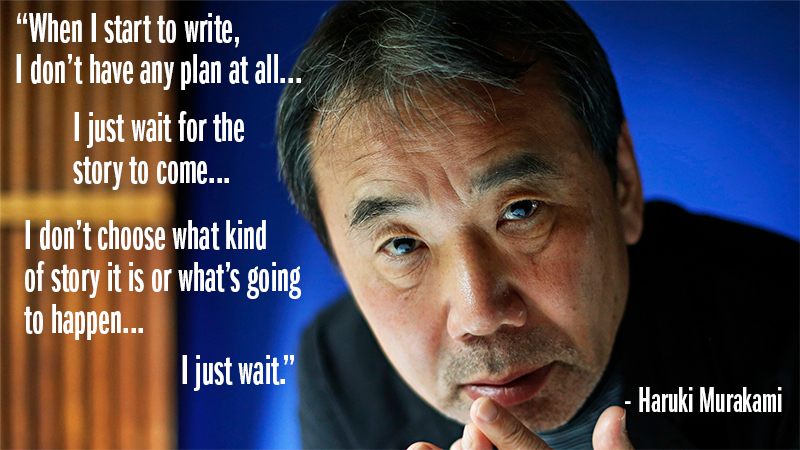 I gave myself a writing challenge this year: in addition to a second (and maybe third) draft on a novel, work on another novel, and producing 76 podcasts — I decided 12 short stories over the year was in order. With occasional overtime at work and having a life outside all that, I’ve convinced myself there’s still room for new short stories.
I gave myself a writing challenge this year: in addition to a second (and maybe third) draft on a novel, work on another novel, and producing 76 podcasts — I decided 12 short stories over the year was in order. With occasional overtime at work and having a life outside all that, I’ve convinced myself there’s still room for new short stories.
And I don’t think I’m kidding myself.
The return to short stories has been great. Not About Lumberjacks has been one of the more rewarding creative things I’ve done; in part, because it’s making me learn new things about audio, but also because it’s made me get back to short fiction.
With the return to short fiction after some time away, something new has happened in my approach to short stories: I just jump in…even if I have no idea how they end.
The Way it Usually Works
When I work on stories, I always have a beginning, a middle, and an end. But with every short story I’ve worked on this year, I’ve jumped in without a solid ending (or even an idea of an ending in some cases). That’s a new thing for me, not knowing where I’m going.
(A good example of this is my short story, “Horus.” – I had no idea where I was going with the story when I started, and I love the way it turned out.)
That not knowing has helped me recognize the kinds of endings I’ve leaned on over the years. Because I’m putting short stories out with the Not About Lumberjacks podcast, I’m considering more than ever an audience’s reaction.
Oh, here’s another short story that ends like all those others…
I don’t want that. (So I don’t do it.)
The combination of schedule and an audience (even a small audience) has changed my approach to short fiction.
The Way it Works Now
There’s something to be said for not writing toward a set ending that allows the story to develop in what seems like a more natural progression. I don’t try steering things to meet the ending; instead, the ending appears out of what is put down before.
I just write, and the ending comes.
(I’m still not sure I’ll ever use this approach with a novel…but you never know…)


I’ve found that the “open-ended” approach to an ending doesn’t work for me.